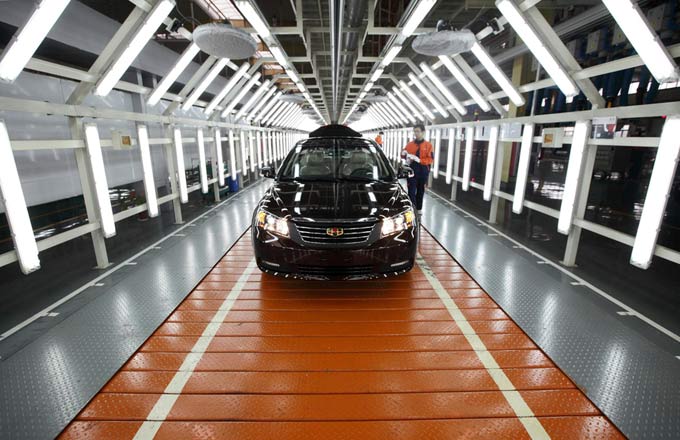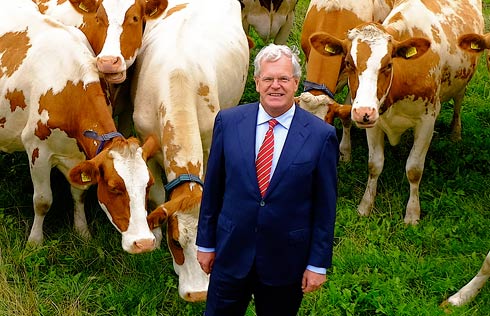SOEs face 'red line' on investment
China will draw a "red line" that forbids its 102 major State-owned enterprises from investing overseas in real estate, iron ore, petroleum and nonferrous metal, the country's top State-owned assets regulator said on Wednesday.
As part of the country's SOE reforms, the State-Owned Assets Supervision and Administration Commission released two documents to further clarify SOEs' investment direction, procedures, risk control and accountability in domestic and overseas markets.
Huang Danhua, vice-chairwoman of the SASAC, said the commission will establish a negative list to set the categories for industries that currently are not allowed for investment, while earmarking sectors for closer government supervision.
A negative list defines sectors that remain off-limits to investments, with areas not on the list considered to be open.
Heavily polluting industries, energy and mining-related businesses that damage the environment or those affected by the fluctuation of global commodity prices will either be prohibited or strictly monitored by regulators.
In addition, SOEs cannot invest in businesses in which they are not specialized. They must work with other companies if they want to do so, according to the documents.
"The SASAC encourages central SOEs to invest in fast-growing sectors including high-speed railway, nuclear power and high voltage projects in overseas markets, as well as infrastructure and manufacturing projects such as roads, waterways, telecommunication and high-end industries," said Huang.
Central SOEs to date have invested 5 trillion yuan ($731.5 billion) in more than 150 countries and regions, mainly focusing on the equipment manufacturing, infrastructure, power and transportation sectors.
Deng Zhixiong, director-general of the commission's planning and development bureau, said that because of different business scopes, all SOEs must establish their own negative lists as soon as possible to meet government demand.
The documents also demand that SOEs draw third-party investors into their equity structure. Big-ticket projects must be assessed by independent consulting companies before being launched.
China's total outbound direct investment from the nonfinancial sector jumped by 44.1 percent to $170.11 billion last year compared with 2015, data from the Ministry of Commerce shows.
Tu Xinquan, a professor at the University of International Business and Economics, said SOEs' infrastructure and manufacturing businesses in overseas markets usually entail massive investment and a long investment recovery cycle.
"Therefore, this requires investment and financing innovations and robust financial risk prevention mechanisms," he said.
The SASAC has set a target for this year to raise the profit growth rate of central SOEs to between 3 percent and 6 percent on a year-on-year basis.























